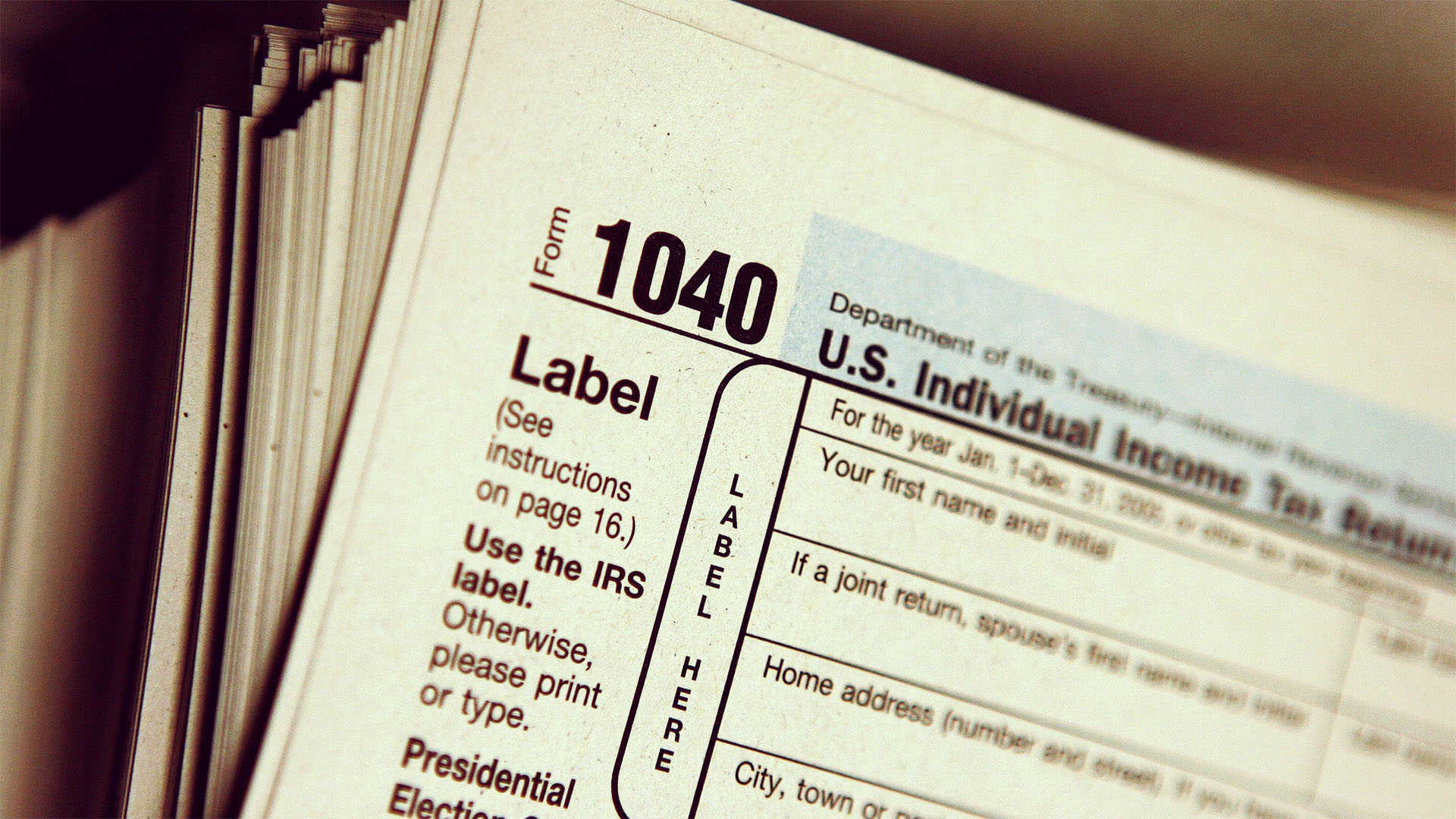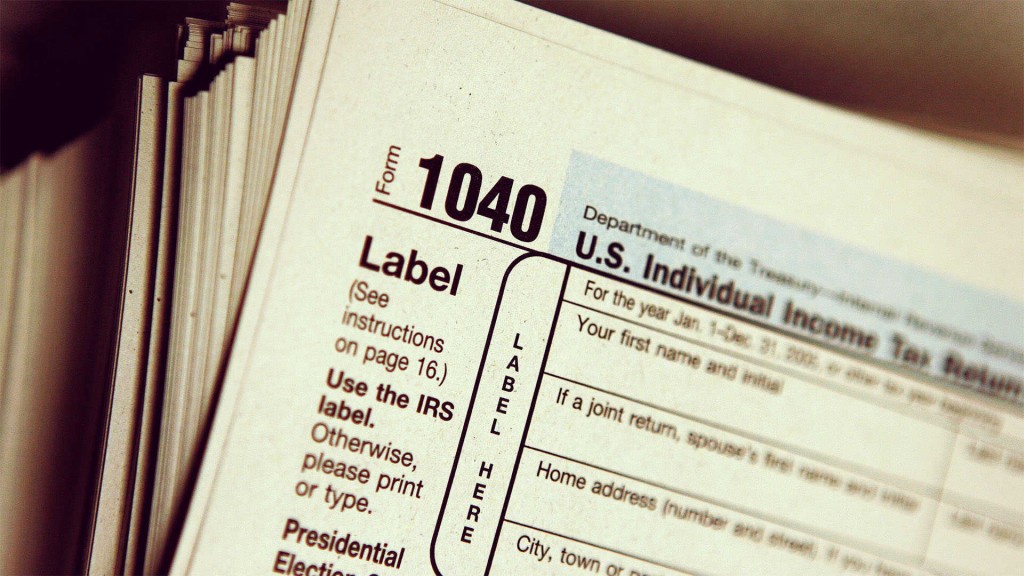If you are a US expat and are unsure of whether you need to file a US tax return this article is for you. This article only covers the US individual tax system and looks at the issue only from the perspective of an American who is not currently habitually resident in the states. It does not cover entities, corporations, partnerships or trusts. Other rules apply.
Please bear in mind that this article is only an overview of the subject. Our advice is to always, always double-check your US tax liability and responsibilities with a qualified accountant that has experience of dealing with the US tax system. This approach is the only way to be sure of fulfilling your US tax responsibilities and ensures that you do not end up with a problem with the US tax authorities.
Which US Expats Have to File a US Tax Return?
The first step is to define whether you need to file a US tax return or not. Here is the list of people who usually have to file a return. All ‘US persons’ are obliged to file a tax return regardless of whether they are currently living in the US or not and it is a lifelong obligation. Here is a list of some of the kinds of people who are categorised as ‘US persons’ and must, therefore, file a US tax return.
Anyone born in the US
Anyone who has been naturalised as a US citizen
Anyone whose has a parent who is a US citizen
If you have ever been a tax resident, of any kind, of the United States
Anyone who has been granted the right of lawful permanent residence in the States
The definitions change occasionally and the above list is not as clear-cut as you may think. It is not wise to make assumptions. For example, some people assume that they are exempt because they have never applied for a passport or had their US birth officially registered. When it comes to tax both assumptions are incorrect.
Another common misconception is that made by green card holders that once they have left the US and maybe returned to their home country they are exempt. This is also not true. Your green card status has to be officially ended.
The above examples demonstrate why it is important to double check your US tax status.
What needs to be declared?
Some people mistakenly believe that they only have to declare income that comes from USA based sources. In reality, your worldwide income has to be declared.
Can’t I Just Ignore the IRS?
It is a mistake to believe that the IRS will never catch up with you and ignore the rules. These days, the IRS can, and does, track people down. When they do, the consequences are serious. Fines for late filing and not paying tax owed are high. For example, not filing an informational report for a non-US corporation you have an interest in can result in a $10,000 fine.
In addition, any missed tax payments have to be paid, plus interest and fines. The interest soon mounts up.
If you are an expat with a US background or connection, please take the time to take professional advice and understand your US tax obligations.







